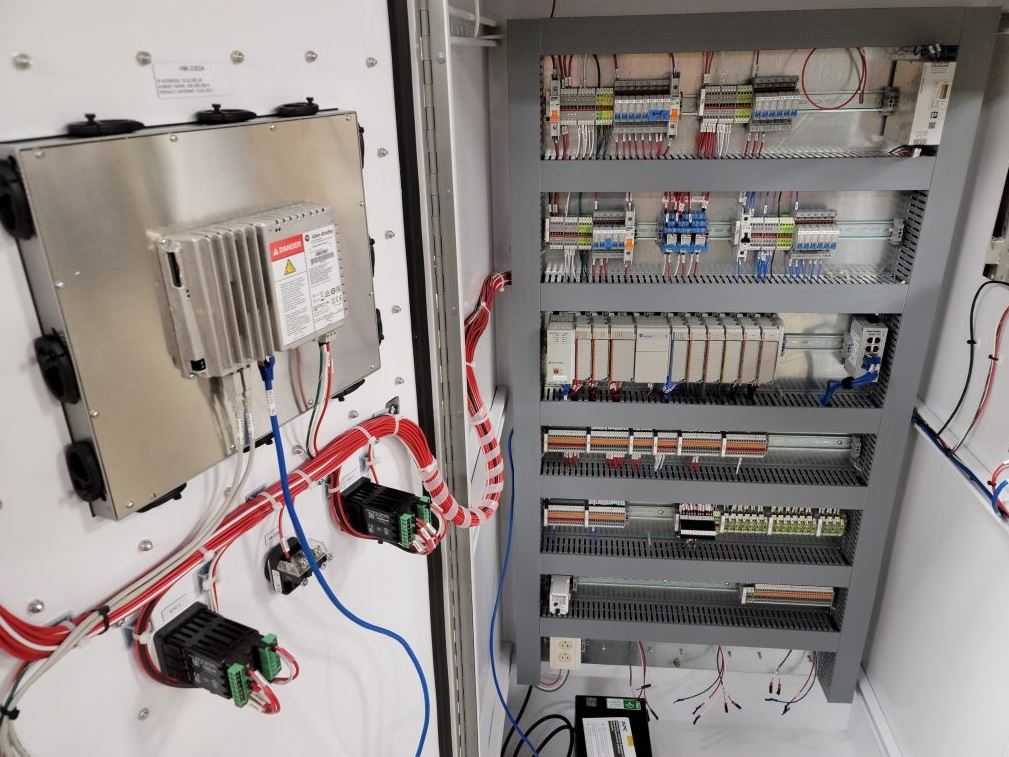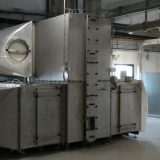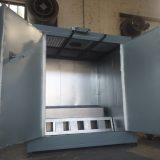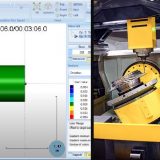Seven Benefits of Scada Systems

SCADA (Supervisory Control and Data Acquisition) is a system that uses computers, data buses, and software to provide remote centralized control and monitoring of electromechanical processes such as those in utilities. The automation of these processes reduces the required human labor, provides greater precision and speed than manual control, and can lower costs through economies of scale. Here are detailed benefits of the systems:
- Eliminates human errors- One of the most common reasons electrical faults happen is that humans do not follow the procedure correctly. A common source of outage occurs when workers go outside their job protocol, resulting in incorrect procedures being carried out on live equipment. These accidents often result in injury or death to a worker. In a SCADA system, the automation of a process eliminates this possibility unless there is a system failure.
- Provides information in real-time – One of a SCADA system’s main functions is to monitor and control equipment in real-time so that operators have up-to-date information regarding the status of processes. The insights gained from these controls allow for informed decision-making that can be used to maximize productivity or minimize costs. In other words, SCADA helps managers make decisions that reduce downtime and improve quality. For example, if a water tower’s pressure reading is low due to high demand from customers, SCADA allows managers to decide whether it would be best to raise prices or ration out supplies until repairs can be made.
- Has multiple alarms – A common problem in manual systems occurs when a single alarm sounds whenever anything goes wrong, leading to dangerous situations. A SCADA system incorporated by a Scada integrator allows multiple alarms to be set up and assigned to different issues. For example, an alarm could be configured so that if the equipment temperature exceeds 70 degrees Celsius, it will trigger an audio and visual warning sign.
- Has customizable software – To meet specific needs, SCADA systems use customization options and data collection protocols that allow users to choose how they want data collected from sensors and processed within the software. This means companies can make adjustments as needed without relying on outside help from other suppliers or manufacturers.
- Is reliable – When a company has multiple remote sites or it is difficult to monitor equipment in person due to the lack of qualified personnel, it makes sense for them to invest in SCADA software because it provides secure transfer of information without human interference.
- Provides the best possible experience for users – A SCADA system allows users to track data transmitted in real-time. This offers benefits such as improved productivity and quality control while minimizing costs associated with equipment failure. Remote monitoring allows for live updates on processes, better communication with employees at different locations, fewer unplanned outages, and an overall better experience for customers because there are fewer service interruptions.
It is important to note that SCADA systems can be difficult to implement into a company’s current business process without previous automation. Still, the associated benefits make it well worth the investment. To gain these benefits, companies should field a team of experts who can develop a customized system to fit seamlessly with their infrastructure and operations.
Although integrating your SCADA system with other enterprise software is not always necessary, making sure it is interoperable with existing enterprise platforms can ensure faster, easier, and more secure data management and communication between diverse systems.

















